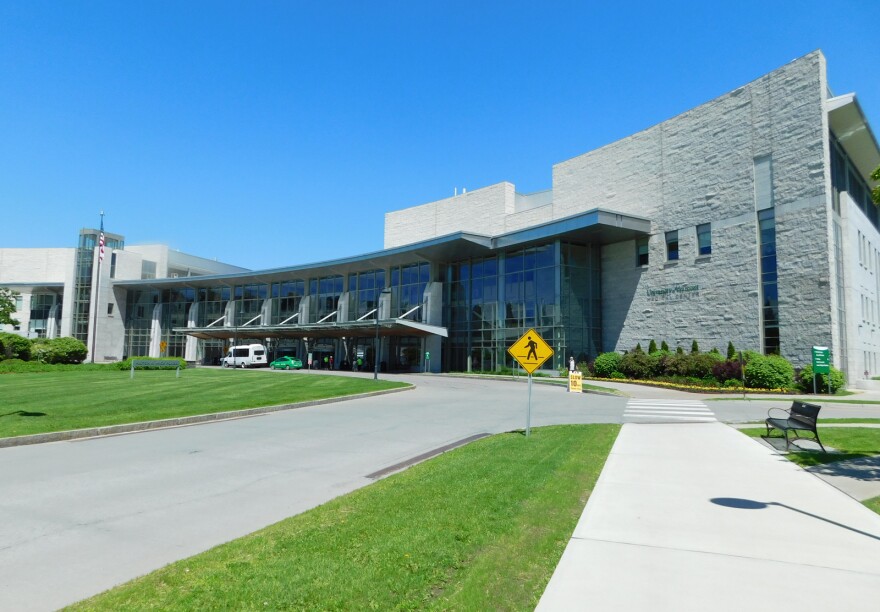Vermont hospitals and health care systems must submit their budgets to the Green Mountain Care Board for approval or adjustment. The annual assessment began in late July and nearly all hospitals in the state are asking for their highest rate increases since the board was created in 2011. The association representing hospitals held a virtual meeting Thursday to explain why they need the board to approve what they are calling “stabilization budgets.”
All Vermont hospitals were required to submit their budgets to the Green Mountain Care Board by July 1st. Hearings are scheduled during the weeks of August 15th and 22nd. The board must then change, approve or reject each budget by September 15th.
Vermont Association of Hospitals and Health Systems Interim President and CEO Mike Del Trecco noted that each hospital has gone through an extensive budget process including a review by a community board. He called on the Care Board to approve the budgets as submitted because they are needs-based with no extras.
“These are stabilization budgets and have come at a time of great uncertainty," said Del Trecco. "Sixty-five percent of these budgets go towards covering expenses related to workforce and building operations. We are experiencing unprecedented inflation and supply chain issues that are contributing to skyrocketing costs. And under our current regulatory structure we have not been able to grow at medical inflation and as a result today’s inflationary pressures are hitting us harder. And for the current fiscal year most of our Vermont hospitals are reporting losses.”
Del Trecco calls the proposed budgets razor thin with an average 2 percent operating margin.
The Gifford Medical Center is in Randolph, a town with a population of nearly 5,000 within about 50 square miles. Hospital President and CEO Dan Bennett offered a snapshot of medical care in rural Vermont.
“We do not have enough people to fill our positions at Gifford or at other health care settings around the state. This has led to unprecedented use of traveling staff at a significant extra cost and to wage inflation, both of which are reflected in every hospital’s budget." Bennett continued, "It is difficult to retain and recruit people to work in the larger population centers in our area. However, it is an even bigger challenge in smaller towns. The challenges we are currently facing in health care are not normal. The budgets that Vermont hospitals have submitted reflect that reality and is why we need the Green Mountain Care Board’s support in approving them.”
For over 35 years, Lori Profota has been a nurse at academic medical centers and critical access hospitals. She has worked in emergency and critical care departments and air medical transport. She is currently the Chief Nursing Officer at Copley Hospital in Morrisville.
“I know patient care and right now we have a patient care delivery crisis that is not sustainable. Our staff is exhausted and frustrated. The use of travelers might not be ideal financially but it’s necessary clinically. We cannot be penalized for having travelers," said Profota. "I know the Green Mountain Care Board members and staff look closely at numbers. There are people behind these numbers.”
University of Vermont Health Network Chief Operating Officer Al Gobeille chaired the Green Mountain Board from 2013 until 2017. He says the needs and concerns of hospitals across the state are similar and reflected in their budgets.
“Our budget is needed to allow us to remain both financially stable," notes Gobeille, "but also to address the workforce crisis that has us in this position. Our budgets reflect the very real cost inflation that we are experiencing to deliver care.”


